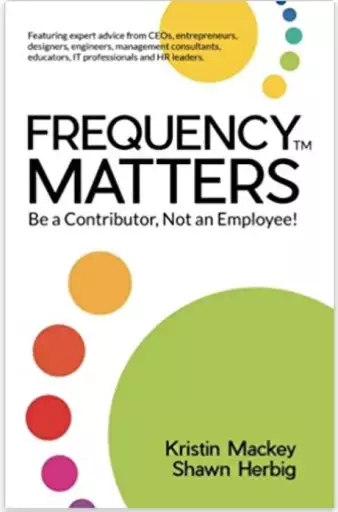 They are everywhere. Experts, Gurus, “Mentors,” and Ninjas, oh my! They yell at you from autoplay Facebook videos. They fill your inbox with promises of riches. They twitter bomb you with endless inspirational quotes. They fill your physical mailbox with post cards selling their “must attend” LIVE events. And, you hire them and consult with them all the time.
They are everywhere. Experts, Gurus, “Mentors,” and Ninjas, oh my! They yell at you from autoplay Facebook videos. They fill your inbox with promises of riches. They twitter bomb you with endless inspirational quotes. They fill your physical mailbox with post cards selling their “must attend” LIVE events. And, you hire them and consult with them all the time.
Dan Shapiro, CEO and Co-founder of Glowforge and author of Hot Seat: The StartUp CEO Guidebook, even pointed out a new and growing problem in a recent interview I did with him for my podcast. “Mentors tend to give a lot of conflicting advice. At Techstars they have a phrase, ‘mentor whiplash,’ for all the opposite and conflicting advice that entrepreneurs get.”
Can you escape this contagion of “expert-itis?” Yes, you can!
Why do so many Founding CEOs fall for the enticing “wisdom” of the legions of gurus, mentors, and experts that populate any industry? I think there are a lot of reasons. Lack of experience. Laziness. Dreams of faster progress. Good marketing. And, legitimately acquired knowledge that you may not have. There are many reasons to be hypnotized by the latest expert. It has happened to me, too. In search of help we all tend to place our faith in the wisdom, skills, experience, and knowledge of others.
I’m not anti-expert, per se. If you look at my LinkedIn profile my biography says I am “an expert in leadership and executive influence.” But, what concerns me is “acceptance without integration.”
Allow me to explain. Startup CEOs frequently invite me to lunch to “pick my brain.” They often speak at length about an issue that is plaguing them.
Then comes the question. “What should I do?”
My response? “I don’t know, what should you do?”
Their response? “I don’t know, you’re the expert.”
And, there it is.
Do you really care what the latest elite coach or the “former Founding CEO now mentor” thinks? He or she doesn’t have the full responsibility and more robust picture of your challenge like you do. It’s your responsibility to figure it out. You can’t outsource your problem-solving to the latest expert to enter your world.
So, what should you do with experts?
However, you can ask them for their perspective. You can ask them if they think you are missing a key question, angle, data point, etc. You can ask them to help you integrate their body of knowledge into your issue to see if it is relevant to your specific, unique situation. You can ask them to help you think more clearly. You should ask them to help you tap into your innate and developed abilities to solve your company’s problems. Isn’t that what Founding CEOs do, solve problems?
What’s my encouragement to you?
- Try not to accept advice without asking yourself if it makes sense for your organization.
- When guru or mentor arrogance turns into guru or mentor insistence, look for inconsistencies and challenge your mentor on those points.
- Use what works for your organization and toss out the stuff that doesn’t.
- Be wary of your own need to collect a mountain of “Leadership Ninja Tips” before you take action. Listening, reading, watching, and collecting are all great. But, there comes a time when enough is enough. There comes a time when you need to make the best decision you can with the time and resources you currently have available.
Expertise is wonderful. Why not take advantage of the lessons others have learned? It is sort of silly not to. But, it’s no match for your own thoughtful discernment about the best way forward. No expert will ever be able to save you from every setback or failure.


